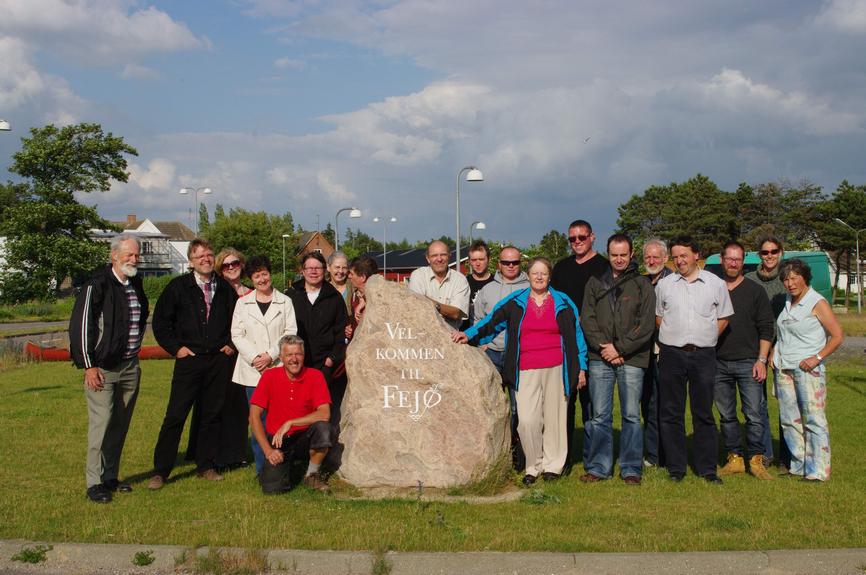Base de données des projets PDR
Sustainable Energy on Small Islands (IRDA Energy project)
Summary
A transnational cooperation (TNC) project between Denmark and Ireland involved a training programme to prepare for the use of sustainable energy on small islands. It was an initiative to address common issues to islanders in both countries.
Lead Partner
LAG Partner(s)
Background
On small Danish and Irish islands energy for heating has traditionally been supplied by inefficient plants, burning fossil fuels. More efficient and climate-friendly systems have not tended to be used. The result is unnecessarily expensive energy costs for island households and companies and poor environmental performance. However, these islands all have access to sustainable energy sources (sun and wind), which could supply heat and electricity.
Common Objectives
The main objective was to produce an energy strategy and implementation plan for each island in the project. This was achieved through the organisation of training and workshops for the islanders, as well a conference where experience was shared along with expert guidance. The training and workshops helped participants to develop a sustainable energy strategy and to plan and schedule the implementation stages. By moving to a climate-friendly energy infrastructure, the islands hope to benefit from a ‘green’ branding which could attract investment.
Main Joint Activities
Workshops using expert guidance were organised at local, national and transnational level to make it possible for islanders to achieve their individual objectives as well as to enable cooperative work between islands. The participant groups met in their own countries to exchange experience and all groups met up for joint activities 3 or 4 times in each of the two countries.
Results and Transferability
The project has heightened awareness of energy efficiency and the use of sustainable sources on the participating islands and provided an example of good practice for other small islands currently using inefficient energy sources. It has led to: immediate economic gains; environmental benefits; and employment opportunities for island communities. The project culminated in a final conference where the energy action plan for each island was presented to a wide audience.
Lessons learnt
This project has highlighted the importance of sustainable energy planning to the economic and environmental performance of small islands. Other islands have now started to formulate similar energy plans. The cooperation between islanders benefited the strategic planning as communities shared experience and knowledge. The focus on sustainability and green energy gave the islands positive attention from politicians.
Project location and other information
The six participating islands were: Denmark: Anholt (170 inhabitants), Fejø (550 inhabitants), Tunø (120 inhabitants) Ireland: Bere Island (210 inhabitants), Clare Island (130 inhabitants) and Árainn Mhór (530 inhabitants)
Total project cost (€)
165 000
EAFRD contribution (€)
125 000
National contribution (€)
40 000
Project website
Contact name
Mr. Morten Priesholm
Telephone
+45 38 33 00 67
Languages for contact
English, Danish
Document attachment
At a glance
Countries
Ireland, Denmark
Number of Partners
2
Final beneficiary type
Local Action Group, Other
Budget range
€100 000 - €500 000
Start date:
01/09/2010
End Date:
29/06/2012
Theme / Measure:
• Implementing the LEADER Approach
• Co-operation projects
• 421. Implementing co-operation projects
Keywords:
Heat supply, Leader, Training, Energy efficiency , Wind energy
Last update
05/02/2013





